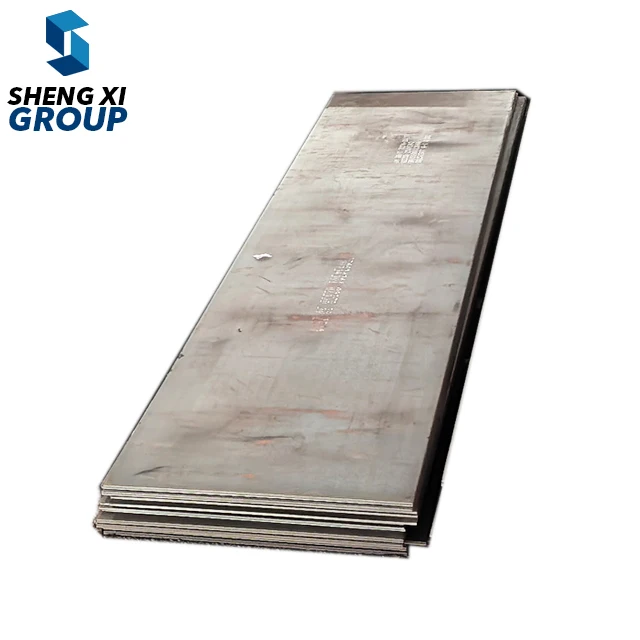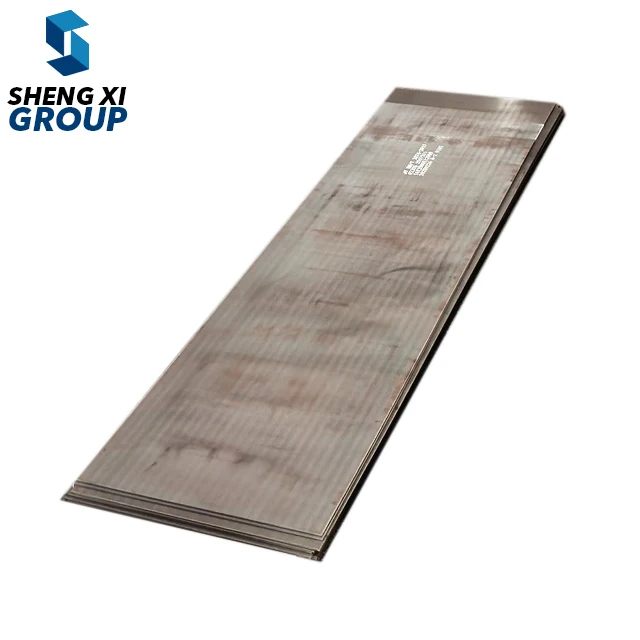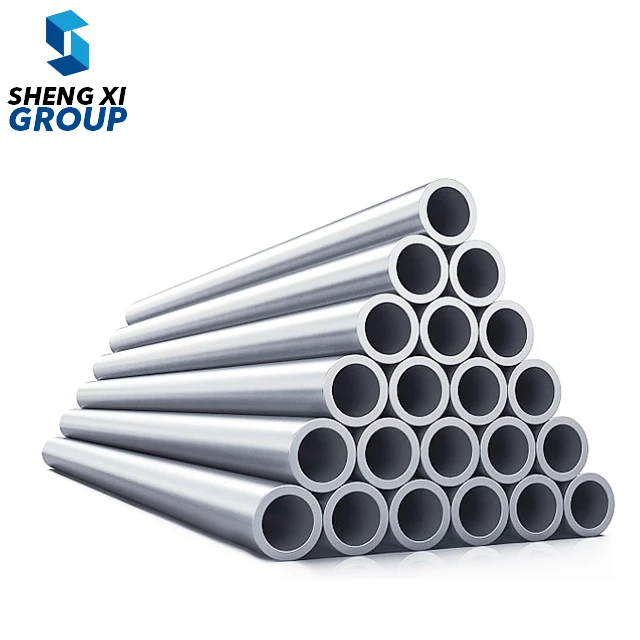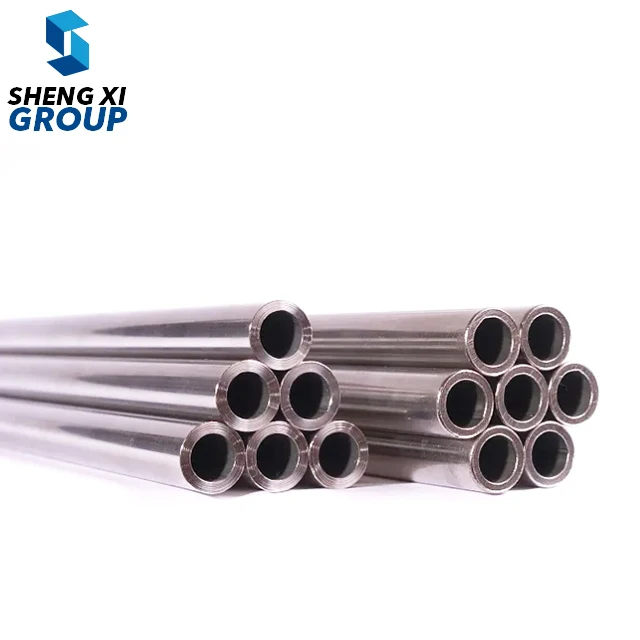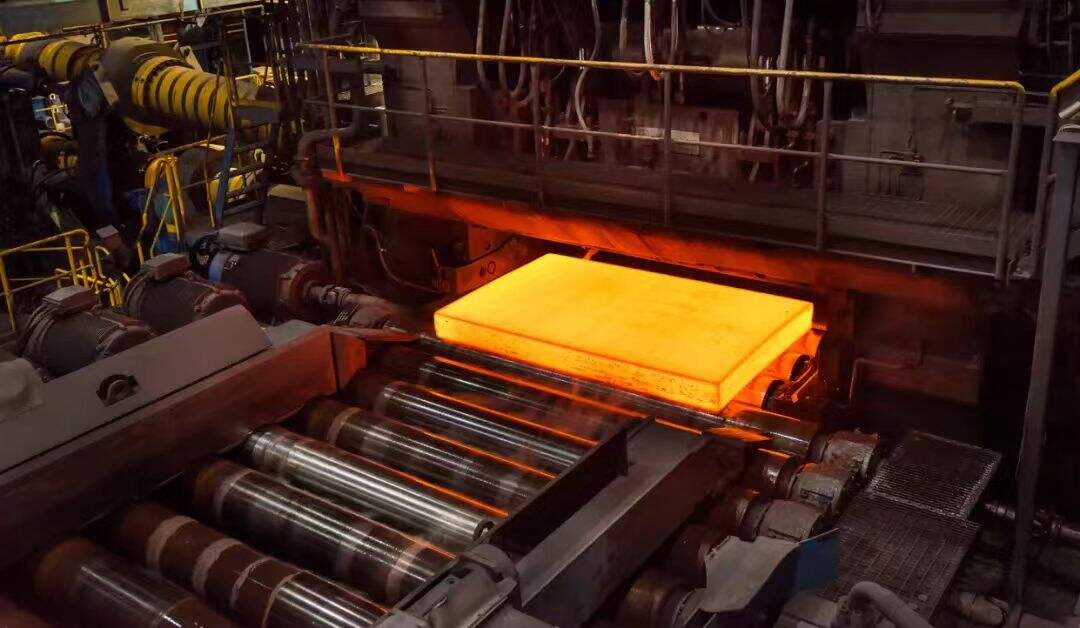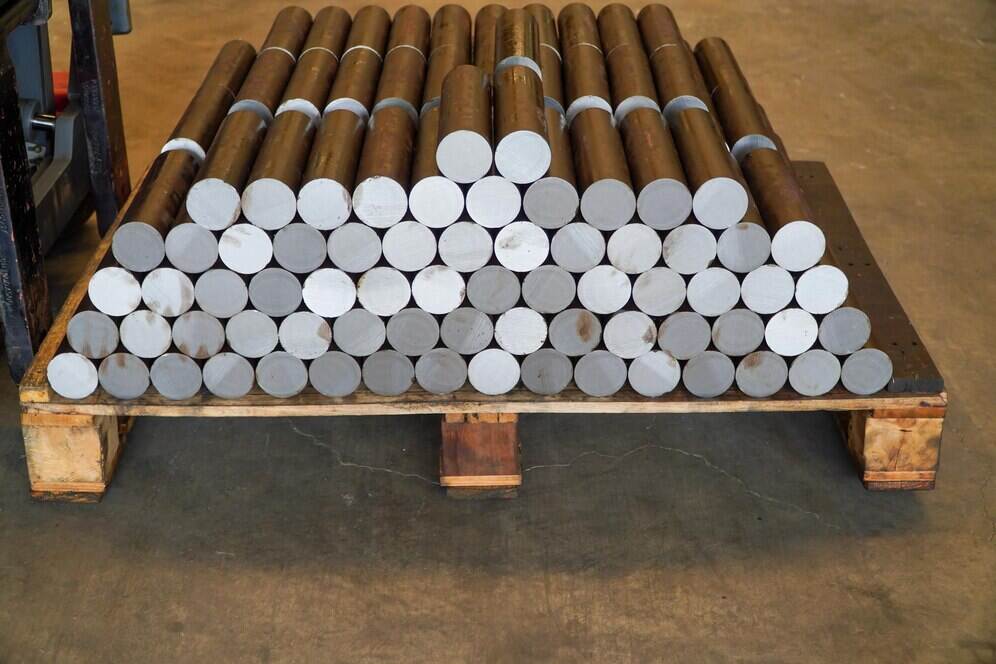Versatile Applications and Industry-Specific Benefits
The 18 cr ni mo 7 6 steel grade serves diverse industrial sectors with exceptional performance characteristics tailored to specific application requirements. In automotive manufacturing, 18 cr ni mo 7 6 components deliver enhanced durability in transmission systems, differential assemblies, and engine components subjected to high stress and temperature variations. The superior fatigue resistance properties make it ideal for crankshafts, connecting rods, and gear assemblies where repetitive loading occurs throughout the component lifecycle. Aerospace applications benefit from the excellent strength-to-weight ratio of 18 cr ni mo 7 6, enabling lighter aircraft structures while maintaining required safety margins. Landing gear components, engine mounts, and structural joints utilize this steel grade for its exceptional impact resistance and dimensional stability under extreme operational conditions. Marine industry applications leverage the enhanced corrosion resistance of 18 cr ni mo 7 6 for propeller shafts, rudder assemblies, and critical fastening systems exposed to saltwater environments. The oil and gas sector relies on 18 cr ni mo 7 6 for downhole equipment, valve bodies, and pressure vessel components where hydrogen embrittlement resistance and sour gas compatibility are essential. Power generation facilities utilize this steel grade for turbine components, generator shafts, and coupling systems requiring long-term reliability under high-temperature conditions. Industrial machinery manufacturers specify 18 cr ni mo 7 6 for gear boxes, hydraulic components, and bearing assemblies where precision and durability directly impact operational efficiency. Construction equipment benefits from the wear resistance and impact strength of 18 cr ni mo 7 6 in track pins, bucket teeth, and hydraulic cylinder components. The mining industry employs this steel grade for crushing equipment, conveyor systems, and extraction machinery components subjected to abrasive conditions and high impact loads.

